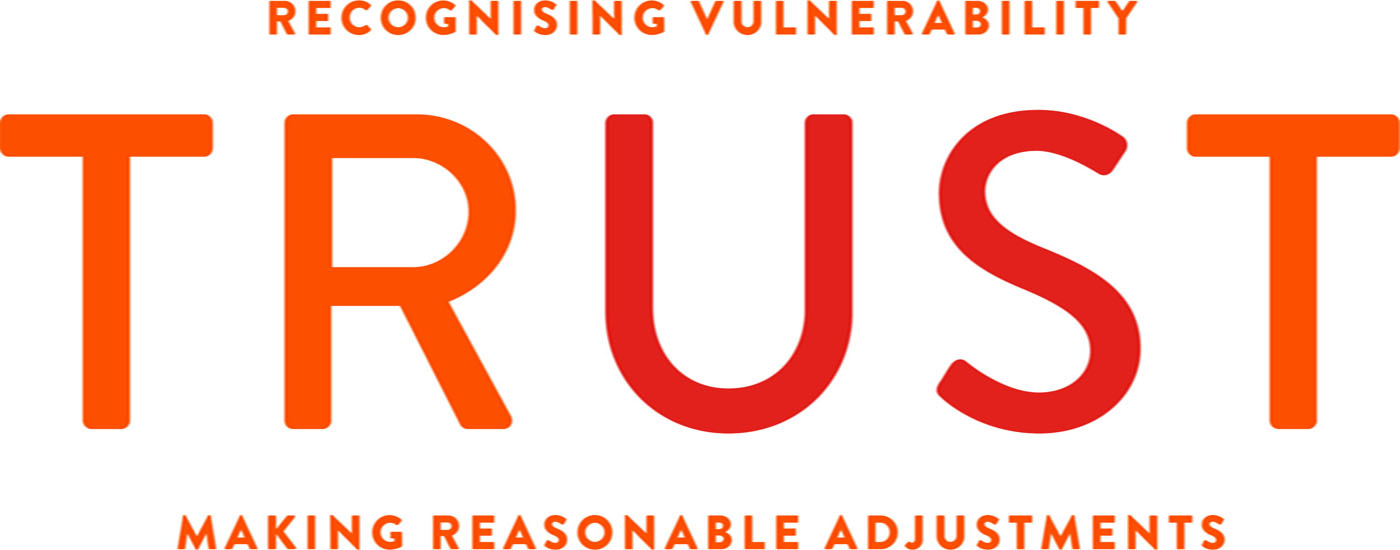
TRUST is a collaboration between ReynoldsBusbyLee Managing Director, Elaine Lee and our training partner Jacqui Workman of KMB Telemarketing. Elaine and Jacqui met over a decade ago whilst working together on the DMA’s Contact Centre Council where they were instrumental in creating the DMA’s guidance on championing the needs of customers in vulnerable circumstances. Together, they’ve co-chaired the DMA’s Vulnerable Consumer Working Group since 2016.
This is not an easy subject to discuss, and not one you might expect a customer experience consultant to be talking about. So why am I? It’s with my “customers and staff in vulnerable circumstances” hat on that I’m moved to write.


Earlier this week I was appointed into a role that I hadn't applied for. I was assigned the role of home schoolteacher alongside my full-time job of running a consultancy. My new 'class' of three children are aged 16 (doing GCSE's), almost 14 (year 9) and 8 (year 3) so my new teaching skills need to cover a wide audience and subjects. Whilst I have never been through teacher training and felt completely frazzled after the first 90 mins, I still felt that I was one of the lucky ones.
Usually, the start of a new year comes with thoughts, plans and excitement for new opportunities. However, the start of 2021 is a little different. Whilst uncertainty remains surrounding the continuing and ever-changing landscape of the world with Covid-19, here at RBL we are still looking forward to the new year ahead.
Here we explain what cookies are, how we use them and informs you of your choices.
Cookies are small pieces of text sent by your web browser by a website you visit. A cookie file is stored in your web browser and allows the service or a third-party to recognise you and make your next visit easier and the service more useful to you.
When you use and access our website a number of cookie files are placed in your web browser. We use these cookies to enable website functionality and to gain insights into your preferences to the services we provide such as to store your preferences to enable advertisements delivery including behavioural advertising.
We use a combination of cookies such as session and persistent. We also use essential cookies to authenticate users to prevent fraudulent use of our website.
For the full disclosure of the types of cookies we use please click here
If you would like more information regarding cookies please click here to visit the ICO (Information Commissioner’s Office) website.